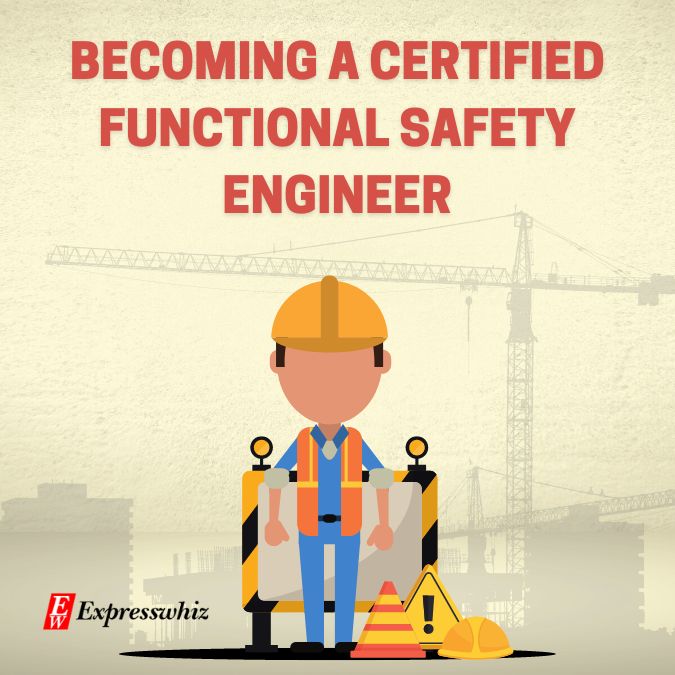Becoming a Certified Functional Safety Engineer
In the realm of engineering and industrial systems, safety is not just a priority but a fundamental requirement. This is where Certified Functional Safety Engineers step in, playing a crucial role in ensuring that systems and processes operate reliably and safely. In this article, we'll explore the path to becoming a Certified Functional Safety Engineer and the significance of this certification.
google_ad_client = "ca-pub-2601316112431602"; /* AD3 */ google_ad_slot = "AD3"; google_ad_width = 750; google_ad_height = 200;
y: arial;">Table of ContentsIntroductionUnderstanding Functional Safety
Role of a Certified Functional Safety Engineer
Educational Background and Qualifications
Gaining Practical Experience
Selecting the Right Certification Body
Preparing for the Certification Exam
Taking the Certification Exam
Benefits of Certification
Industry Demand for Certified Engineers
Continuous Learning and Professional Growth
Conclusion
Introduction
Functional safety engineering is a critical aspect of various industries, including automotive, aerospace, manufacturing, and more. Ensuring that systems, machinery, and processes function as intended without posing harm to people or the environment is paramount. Certified Functional Safety Engineers are the experts who assess, design, and implement safety measures to mitigate risks effectively.Understanding Functional Safety
Functional safety involves the systematic identification of potential hazards, assessing the associated risks, and implementing measures to reduce or eliminate those risks. It goes beyond the concept of reliability by focusing on the ability of a system to handle faults and failures in a way that ensures safety.Role of a Certified Functional Safety Engineer
Certified Functional Safety Engineers are responsible for various tasks, including:Risk Assessment: Identifying potential hazards and evaluating the risks they pose.
Safety Requirements Specification: Defining safety-related requirements for systems and processes.
System Design: Designing systems to meet safety requirements and standards.
Validation and Verification: Ensuring that safety measures are effectively implemented and validated.
Documentation: Creating detailed documentation of safety processes and measures.
Educational Background and Qualifications
To become a Certified Functional Safety Engineer, a solid educational foundation in engineering or a related field is essential. Most candidates have a bachelor's or master's degree in engineering, computer science, or a similar discipline.Gaining Practical Experience
While education forms the base, practical experience is equally important. Candidates aspiring to become certified functional safety engineers should work on projects that involve safety assessments, risk analysis, and safety design. This practical exposure enhances their understanding of real-world challenges and solutions.Selecting the Right Certification Body
Several organizations offer certification programs for functional safety engineers. It's crucial to choose a recognized and reputable certification body. Some well-known certification bodies include TÜV Rheinland, Exida, and ISA.Preparing for the Certification Exam
Certification exams typically cover a range of topics related to functional safety, including standards like ISO 26262, IEC 61508, and others depending on the industry. Candidates should thoroughly study these standards and their applications.Taking the Certification Exam
The certification exam assesses the candidate's knowledge of functional safety concepts, standards, and their practical application. Passing the exam demonstrates the candidate's proficiency in this specialized field.Benefits of Certification
Becoming a Certified Functional Safety Engineer offers numerous benefits, such as:Recognition: Certification validates your expertise and demonstrates your commitment to safety.
Career Opportunities: Certified engineers are in high demand across industries that prioritize safety.
Higher Earning Potential: Certification often leads to better job prospects and higher salaries.
Professional Growth: Continuous learning is essential, and certification is a step towards ongoing development.














0 Comments